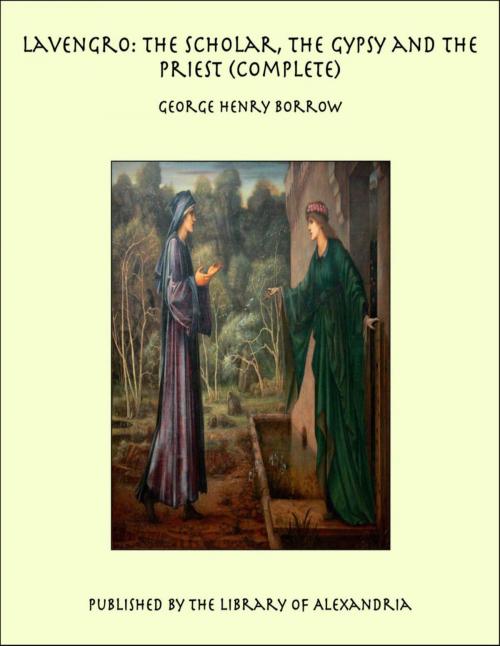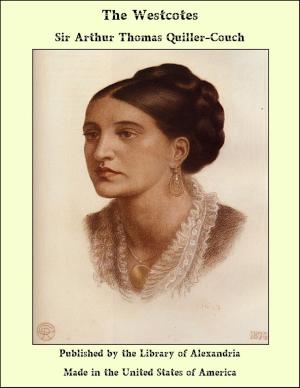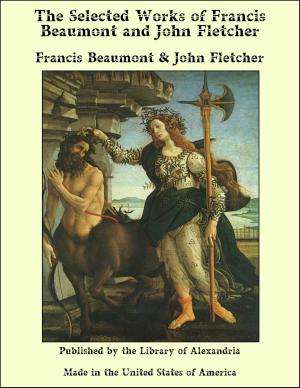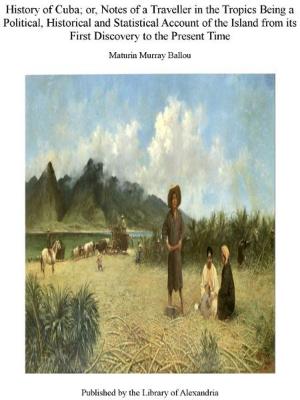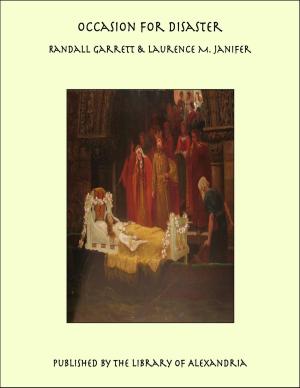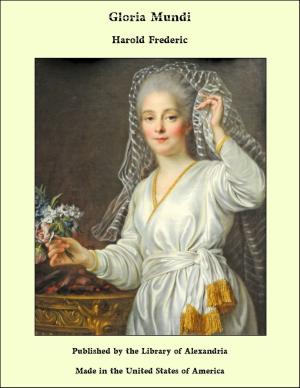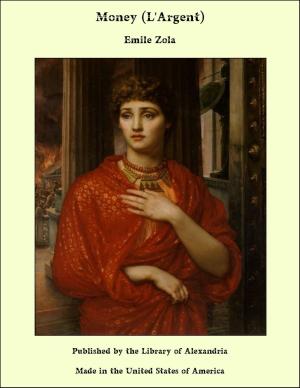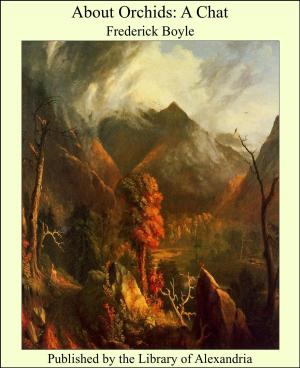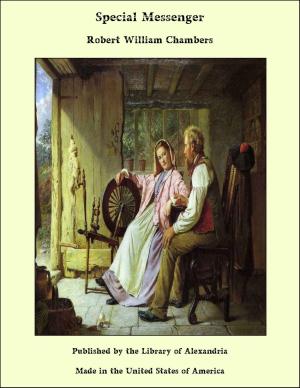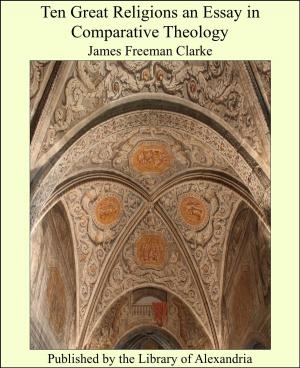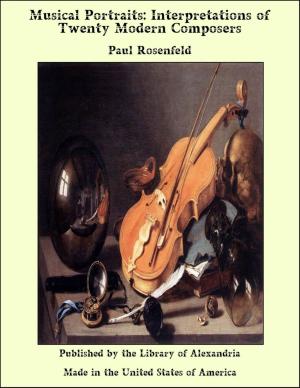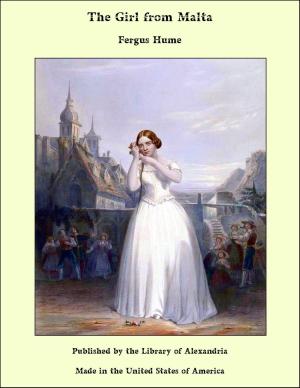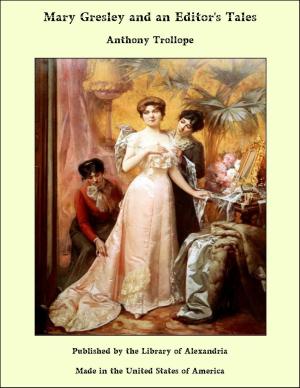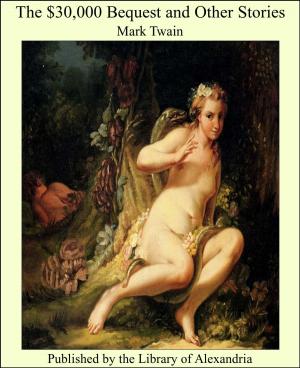Lavengro: The Scholar, The Gypsy and The Priest (Complete)
Nonfiction, Religion & Spirituality, New Age, History, Fiction & Literature| Author: | George Henry Borrow | ISBN: | 9781465549921 |
| Publisher: | Library of Alexandria | Publication: | March 8, 2015 |
| Imprint: | Language: | English |
| Author: | George Henry Borrow |
| ISBN: | 9781465549921 |
| Publisher: | Library of Alexandria |
| Publication: | March 8, 2015 |
| Imprint: | |
| Language: | English |
There have been many Romany Ryes, or “Gypsy Gentlemen,” as Gypsies designate those who, though not of their race, yet have loved that race, and have mastered the Romany tongue. The first is one of the oddest—Andrew Boorde (c. 1490-1549). Carthusian, traveller, physician, and, perhaps, the original Merry Andrew, he got into trouble over certain delinquencies, and died a prisoner in the Fleet gaol. In 1542 he was writing his Fyrst Boke of the Introduction of Knowledge, and had come to “the xxxviii. chapiter,” which “treateth of Egypt, and of theyr money and of theyr speche.” He started bravely:—“Egipt is a countrey ioyned to Jury, The countrey is plentyfull of wine, corne and hony. “There be many great wyldernes, in the which be many great wylde beastes. In ye which wildernis liuid many holy fathers, as it apperith in vitas patrum. The people—” But here, I fancy, he suddenly broke off; what did he know of the Egyptian people? Greece was the nearest he had ever been to Egypt. Going, however, for a stroll through his native county of Sussex, he presently lights on a band of “right Egyptians,” belike in front of an alehouse. Egyptians! the very thing! Like any newspaper correspondent of to-day, he must straightway have whipped out his notebook, and jotted down the rest of his chapter:—“The people of the country be swarte, and doth go disgisid in theyr apparel, contrary to other nacions. They be lyght fyngerd and vse pyking, they have litle maner and euyl loggyng, and yet they be pleasant daunsers. Ther be few or none of the Egypcions yt doth dwel in Egipt, for Egipt is repleted now with infydel alyons. Ther mony is brasse and golde. Yf there be any man yt wyl learne parte of theyr speche, Englyshe and Egipt speche foloweth
There have been many Romany Ryes, or “Gypsy Gentlemen,” as Gypsies designate those who, though not of their race, yet have loved that race, and have mastered the Romany tongue. The first is one of the oddest—Andrew Boorde (c. 1490-1549). Carthusian, traveller, physician, and, perhaps, the original Merry Andrew, he got into trouble over certain delinquencies, and died a prisoner in the Fleet gaol. In 1542 he was writing his Fyrst Boke of the Introduction of Knowledge, and had come to “the xxxviii. chapiter,” which “treateth of Egypt, and of theyr money and of theyr speche.” He started bravely:—“Egipt is a countrey ioyned to Jury, The countrey is plentyfull of wine, corne and hony. “There be many great wyldernes, in the which be many great wylde beastes. In ye which wildernis liuid many holy fathers, as it apperith in vitas patrum. The people—” But here, I fancy, he suddenly broke off; what did he know of the Egyptian people? Greece was the nearest he had ever been to Egypt. Going, however, for a stroll through his native county of Sussex, he presently lights on a band of “right Egyptians,” belike in front of an alehouse. Egyptians! the very thing! Like any newspaper correspondent of to-day, he must straightway have whipped out his notebook, and jotted down the rest of his chapter:—“The people of the country be swarte, and doth go disgisid in theyr apparel, contrary to other nacions. They be lyght fyngerd and vse pyking, they have litle maner and euyl loggyng, and yet they be pleasant daunsers. Ther be few or none of the Egypcions yt doth dwel in Egipt, for Egipt is repleted now with infydel alyons. Ther mony is brasse and golde. Yf there be any man yt wyl learne parte of theyr speche, Englyshe and Egipt speche foloweth
